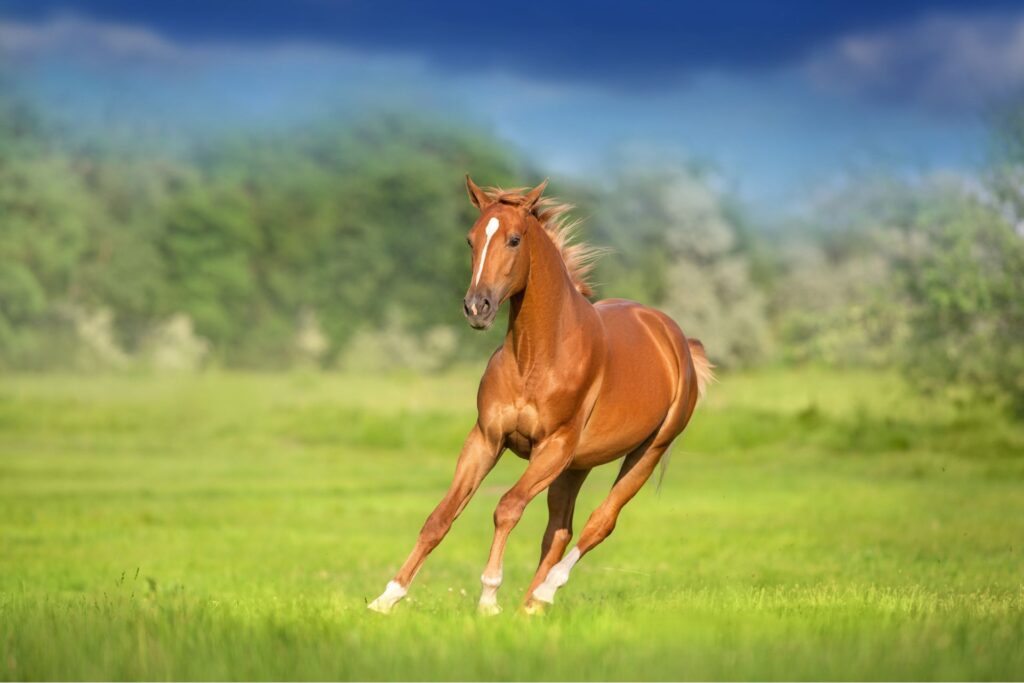
BREAKING: New research just published in the journal Science reveals groundbreaking insights into the genetic factors that allowed humans to domesticate horses approximately 4,500 years ago. This study, led by a team from the French National Centre for Scientific Research, is reshaping our understanding of human-animal relationships and could impact horse breeding and conservation efforts today.
Scientists have meticulously sequenced ancient horse genomes, dating back nearly one million years, to identify 266 genetic markers linked to essential traits such as behavior, athleticism, and disease resistance. The researchers discovered that around 5,000 years ago, during the early phases of domestication, a genetic region associated with the ZDPM1 gene began to be favored. This gene’s role as a behavior modulator suggests it played a crucial part in the initial taming of horses.
In a remarkable twist, the study also identified that 250 years later, humans intensified selective breeding for the GSDMC locus, a genetic region linked to body structure and coordination. This period corresponds with the “domestication bottleneck,” where selective breeding sharply reduced genetic diversity among horses.
Co-author Lin Jiang, a professor at the Chinese Academy of Agricultural Sciences, conducted experiments modifying this DNA region in mice. The results showed enhanced strength and coordination, mirroring changes that supported the horse’s ability to carry heavier loads, a key factor in their domestication for riding.
“The selection was not only very strong, but the timing was bang on,” said Orlando, emphasizing the precision of the genetic shifts that occurred. These findings contradict a long-held belief that the initial domestication focus was on color diversity, suggesting that practical traits were prioritized instead.
The implications are significant. Researchers estimate that 16% of horse genetic diversity has been lost in the last 200 years due to modern breeding practices. Understanding these ancient genetic shifts can guide future breeding and conservation strategies, ensuring healthier horse populations moving forward.
As the study unfolds, it raises critical questions about how our historical practices continue to shape equine health and adaptability today. This urgent research sheds light on the profound impact of genetic selection, paving the way for more informed approaches to horse breeding in the future.
Stay tuned for more updates on this developing story, as scientists continue to explore the depths of ancient DNA and its relevance to contemporary horse management.







